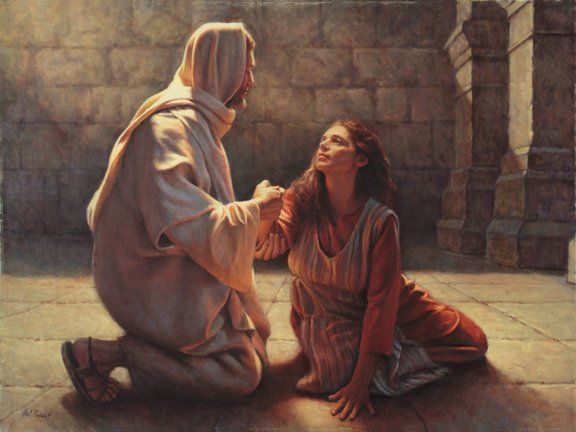Message of Abbot Paul - Tuesday - 5th March 2024
Abbot Paul • March 4, 2024



When Jesus taught his disciples to pray the Our Father (Mt 6: 9-13), included in that prayer was the phrase, “and forgive us our trespasses, as we forgive those who trespass against us.” Although we have grown accustomed to this archaic translation, modern versions and translations into other languages explain the meaning more clearly, “and forgive us our sins, as we forgive those who have sinned against us.” Another translation says, “and forgive us our offences, and we forgive those who have offended us.” The only commentary on the prayer that Jesus himself gives is the following, “For if you forgive others their sins, your heavenly Father will also forgive you. But if you do not forgive others, your Father will not forgive you your sins.” That teaching of Jesus occurs in the Sermon on the Mount. Much later in Matthew, in Chapter 18, which is about the life of the community and interpersonal relations, Peter asks Jesus the famous question. “Lord, how often must I forgive my brother if he wrongs me? As often as seven times?’ Jesus answers, ‘Not seven, I tell you, but seventy-seven times.’” That final number can also be translated at seventy times seven, not that it matters, because God isn’t counting. Peter asked if he was to forgive his brother seven times, as seven was the perfect number. Perhaps he was counting, unlike Jesus who replies enigmatically: always.
There follows the parable of the Wicked Servant, he who was forgiven a great deal by his lord and then refused to forgive a fellow servant a much smaller amount. I won’t repeat the parable: you can read it, (Mt 18: 21-35), or you probably know the story by heart. Jesus compares the angry master with God the Father, saying, “That is how my heavenly Father will deal with you unless you each forgive your brother from your heart.” Note that Jesus speaks about forgiving our brother “from the heart.” This is no half-hearted, nominal, verbal expression of forgiveness. If forgiveness is to be genuine and true, it must come from deep within our being, from the heart. Not only that, but Jesus, in telling Peter that he should forgive seventy times seven, is saying that we, as his disciples, must have a permanent disposition to forgive, because that is how God is and that is how God forgives us our offences. Jesus, of course, was going to be the means by which God forgave sinners through his sacrifice on the cross. We remember that the very name chosen for Mary’s son by his heavenly Father was Jesus, he who will save his people from their sins.
Lord, there is great need of forgiveness in our world today. As you have forgiven us, may we, by your grace, forgive all those who offend us. May forgiveness be the basis for peace and reconciliation for all men and women. Amen.









